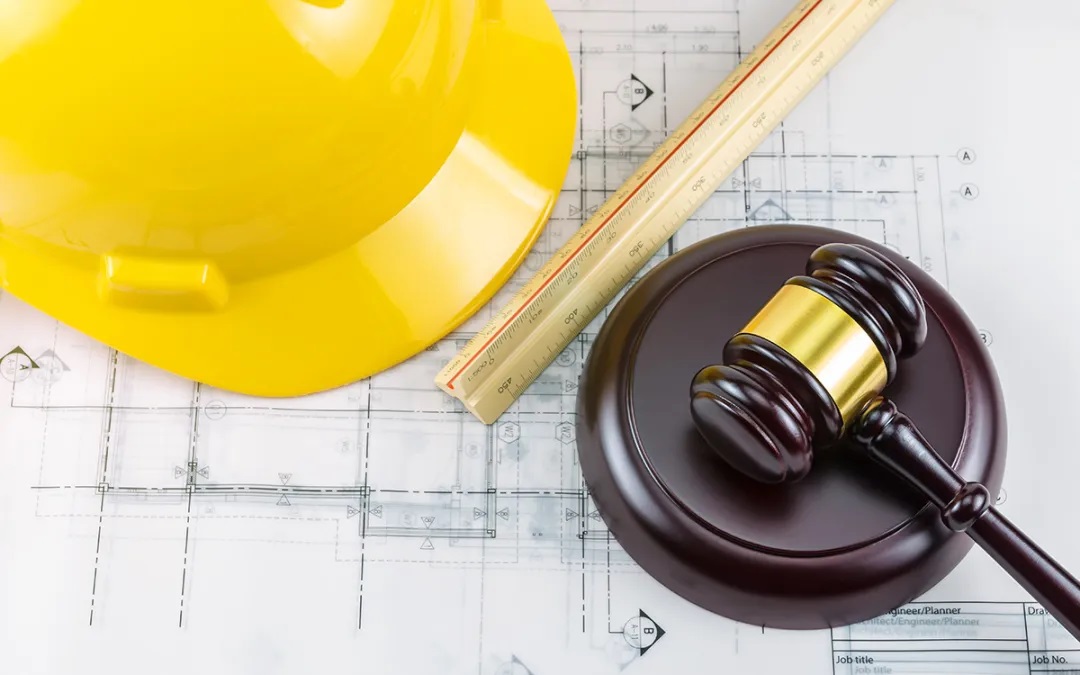Infrastructure & Construction Contract Lawyers in Kerala
Infrastructure and construction projects in Kerala involve complex contracts that balance timelines, budgets, risk allocation, and enforceability. From residential and commercial buildings to large-scale infrastructure such as roads, bridges, and public–private partnerships, contracts must be drafted with foresight to avoid costly disputes.
Well-structured agreements ensure that projects are bankable, auditable, and compliant with both Indian and international standards.
Types of Infrastructure & Construction Contracts
EPC & Design–Build Contracts
Engineering, Procurement, and Construction (EPC) and design–build contracts cover end-to-end project delivery, assigning responsibility for design, procurement, and execution to the contractor.
PPP Concessions
Public–Private Partnership contracts define the terms on which private entities build, operate, and maintain infrastructure projects for government authorities.
O&M Agreements
Operations and Maintenance contracts govern the long-term functioning of infrastructure, including service levels, key performance indicators (KPIs), and payment structures.
Supply & Subcontracts
Agreements with vendors, subcontractors, and suppliers define roles, quality standards, delivery timelines, and liability caps.
Key Clauses in Construction Contracts
- Scope & Specifications: Clear definition of works, technical standards, and deliverables.
- Payment & Security: Advance payments, milestone-linked payments, retention money, and bank guarantees.
- Risk Allocation: Indemnity, liability caps, force majeure, and insurance coverage.
- Change Orders: Procedures for variation in scope, cost adjustments, and extensions of time.
- Dispute Resolution: Arbitration-ready clauses to handle conflicts quickly and effectively.
Risk Management in Construction Projects
Construction projects face risks such as delays, cost overruns, and quality failures. Contracts must anticipate:
- Extension of time mechanisms for unforeseen delays
- Liquidated damages for failure to meet timelines
- Allocation of risks between owner, contractor, and subcontractors
- Mechanisms for resolving technical disputes (expert determination or arbitration)
Compliance & Regulatory Aspects
Contracts must comply with:
- Indian Contract Act and Arbitration Act
- Building and municipal regulations in Kerala
- Environmental and labour law requirements
- RERA (for real estate-linked projects)
Failure to comply can result in penalties, regulatory disputes, or invalidation of project approvals.
Dispute Resolution in Infrastructure Projects
Given the scale of investments, disputes are often resolved through arbitration or specialised forums. Arbitration-ready drafting ensures enforceability and faster outcomes compared to litigation.
FAQs – Infrastructure & Construction Contracts
Q1. What makes EPC contracts different from traditional contracts?
EPC contracts place responsibility for design, procurement, and construction on a single contractor, ensuring accountability for the entire project.
Q2. Can delays due to natural events excuse contractors from liability?
Yes. Most contracts include force majeure clauses that excuse delays caused by uncontrollable events such as floods or pandemics.
Q3. How are PPP contracts enforced?
PPP concessions are enforceable like other contracts but may involve additional oversight by government authorities and regulators.
Q4. Are arbitration clauses standard in construction contracts?
Yes. Arbitration is the preferred method of dispute resolution in construction projects due to its speed and technical expertise.
Closing Note
Infrastructure and construction contracts are the foundation of Kerala’s development projects. By drafting agreements that clearly allocate risks, ensure compliance, and provide enforceable remedies, businesses and investors protect their interests and secure the success of their projects.


